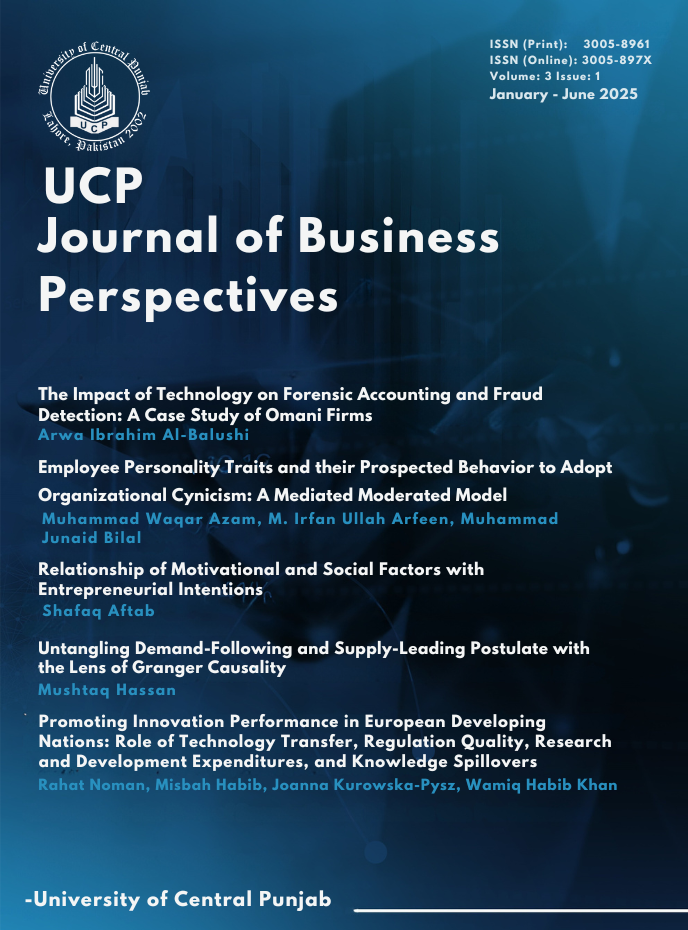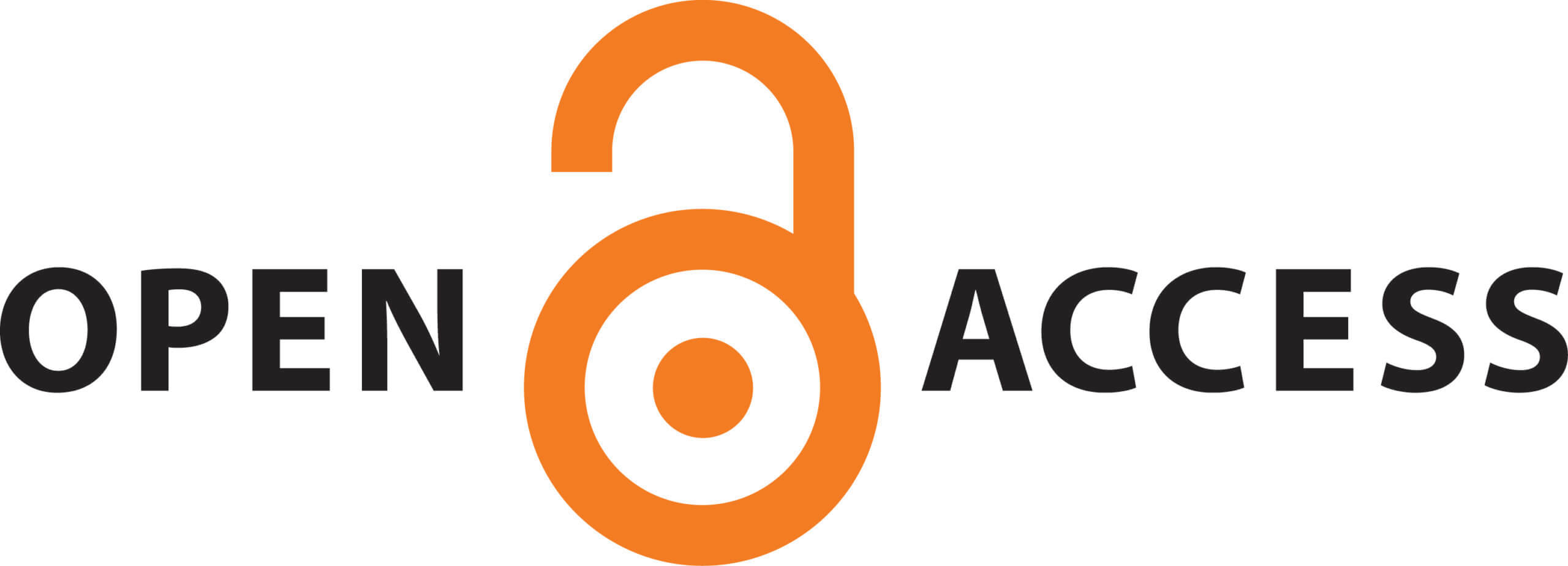Promoting Innovation Performance in European Developing Nations: Role of Technology Transfer, Regulation Quality, Research and Development Expenditures and Knowledge Spillovers
DOI:
https://doi.org/10.24312/ucp-jbp.03.01.659Keywords:
Technology transfer, Foreign Direct Investment, Innovation, Human Capital, Regulation QualityAbstract
The European Union's single market has positioned it as a key player in global foreign direct investment (FDI). Nevertheless, the more developed economies of the original 15 EU member states have consistently drawn a larger portion of inbound FDI. This study explores the relationship between FDI, technology transfer, and innovation performance in 26 EU member states. It also considers the influence of human capital, R&D, and anti-corruption policies on FDI and innovation. Using panel data from 2011 to 2022 and fixed effect estimation (FEE) techniques, the research investigates how FDI-induced spillovers impact patent activities in both the advanced economies of the EU-15 and the transition economies of Central and Eastern European Countries (CEEC). The findings reveal that FDI generally boosts innovation performance in EU enterprises, with a more pronounced effect on the innovation activities of CEEC countries, reflecting their efforts to enhance their innovation capabilities. However, industry-level analysis indicates that EU-15 manufacturing sectors are more likely to benefit from FDI than their counterparts in the CEEC. The study offers valuable insights into the role of regulation quality, technology transfer, human capital, R&D investments, and FDI in driving innovation and economic growth in host countries.
Downloads
Published
Issue
Section
License
Copyright (c) 2025 UCP Journal of Business Perspectives

This work is licensed under a Creative Commons Attribution 4.0 International License.







